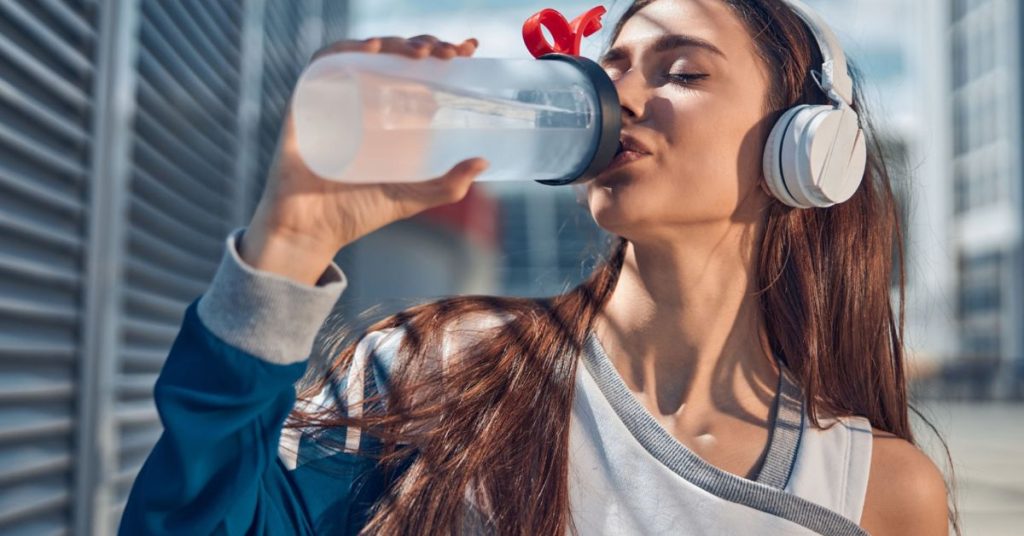Water is the most important nutrient in your diet. It helps flush wastes from your body, regulate body temperature, and keep joints and other tissues well lubricated. Water also helps convert food into energy and protects your organs from disease-causing agents.
It regulates body temperature
The body needs water to regulate its temperature. When we’re hot, our bodies cool themselves by sweating. When we’re cold, they warm themselves up by generating heat internally. Both of these processes require water; if you don’t drink enough of it in the right amounts at the right times, your body won’t be able to do these things for you properly!
You should drink about six glasses (2 litres) of water every day—but not all at once! Instead, try making sure that you have a glass with each meal or snack and always at least one before going to bed so that your body has access to an ample supply all day long. Drinking plenty of H2O will keep your system running smoothly so that it can regulate itself more efficiently.
It’s also important not to overdo it: going overboard on water can lead to hyponatremia (low sodium levels in the blood), which can cause headaches and nausea as well as other symptoms like vomiting, confusion, or even seizures if left untreated – so stick with what works best for your specific needs!
It lubricates joints
Water also helps lubricate joints, which means it prevents the build-up of harmful deposits that can occur when there’s not enough fluid in the joint. That can lead to joint stiffness and pain.
Just one more reason to hydrate!
It protects tissue and organs
You may be surprised to learn that water is a necessary nutrient. In fact, it’s one of the most important nutrients for your body to function properly. Water helps maintain the body’s fluid balance and it’s essential to the normal functioning of your kidneys, which regulate blood pressure and maintain a normal heartbeat. Without enough water in your system, you can become dehydrated. Dehydration causes fatigue and can even lead to cramps or heat stroke if not treated quickly enough.
It helps convert food into energy
Water is the main component of blood. Blood delivers oxygen and nutrients to all parts of the body, while removing waste products such as carbon dioxide and urea. Water helps convert food into energy by facilitating digestion and absorption of nutrients, metabolism of carbohydrates, proteins and fats in your body.
The more water you drink, the less hungry you will feel. This can result in weight loss if you consume fewer calories than your body needs for daily functions (energy requirements).
It flushes body waste
The body has two main types of waste: metabolic waste and toxins. Metabolic waste is the result of daily activities, while toxins are produced by environmental factors such as cigarette smoke or second-hand smoke.
The process of removing these wastes from your body is called metabolism, which occurs in your liver and kidneys. The liver acts as a filter for toxins throughout the body and converts them into substances that can be excreted through urine or sweat. In addition to flushing out metabolic waste through urination, drinking plenty of water helps maintain healthy kidney function; this will also help prevent kidney stones from forming as well as other urinary tract problems.
Water makes your body work better
Water is essential for the body to function at its best. It plays many roles in your body and is essential to your overall well being.
Conclusion
In summary, water is a crucial part of what makes our bodies work. It helps us regulate body temperature, lubricate joints and protect our tissue and organs by preventing dehydration. Drinking plenty of water also helps convert food into energy which can help us feel more energetic throughout the day!

